My violin hero told me to drink wine, but I heard “practice scales”
Have you ever been profoundly disappointed by a piece of advice or a bit of feedback? Not because it was critical, but because it made no sense to you at the time? If so, you need to read about my twenty-year relationship with Shlomo Mintz.
Summer camp Caprices
I’ve got a violist friend who I don’t see very often, but who sends me the best texts out of the blue:

He sent me that one earlier this summer, and it brought me right back to the summer of 1994, and the Kent/Blossom music festival. I was sixteen, two years before I would endure my first lesson with Felix Galimir at the Curtis Institute. And I had just discovered Shlomo Mintz.
If you haven’t heard Shlomo’s recordings or videos, he’s the kind of guy who used to play recitals consisting of all 24 Paganini Caprices. And it was his Deutsche Grammophon recording of the Caprices that my friend and I had been listening to in his car all summer long (I know, we were violin/viola nerds).
As we texted back and forth, we reminisced about those drives and about making fun of Shlomo’s articulation… but I remembered that secretly, I wanted more than anything to play like him. I wanted the confidence he must have had to be able to pull off not just one Caprice, but all 24 at a stretch.
Our first meeting, and an autograph
My father is a flutist, and at that time he played in a festival orchestra up in Wisconsin every summer. So imagine my surprise when, just a couple of months after those car rides, I got the chance to meet Mr. Mintz! He was the soloist with my father’s orchestra, playing the Brahms Concerto.
Now this may be hard to believe, but when I sat in the empty hall to listen to the dress rehearsal, I had never before heard the Brahms! So my introduction to Shlomo’s “live” sound was also my introduction to perhaps the greatest concerto in the repertoire. I was blown away.
When some family friends shoved me onto the stage to meet him at the break, introducing me as a “promising young violinist,” I felt like a fraud.
I wanted to ask Shlomo how he built his playing to that level, but I must have stammered something awkward instead. He saw my International Edition of the Wieniawski second concerto in my hand however, and signed it for me. That, in addition to my everlasting memories of his sterling technique, were my two souvenirs from the summer.
There was one more, actually: a scale routine that my teacher Daniel Mason (who had studied with Heifetz) had introduced. So far I hadn’t taken it very seriously, but I began to suspect that I was missing a very important piece of the practice puzzle.
Ten years later, Shlomo Mintz and I would meet again, under very different circumstances. But I hadn’t exactly hit scales hard for a solid decade.
Swiss near-miss
In between those two meetings, plenty had changed in my life. I had finished the awkward teen years, I had been through conservatory at Curtis (including my dreaded “scale time” with Mr. Galimir), and I had started my second job. After two years in the Saint Paul Chamber Orchestra, I’d spent another two seasons in the Chicago Symphony.
I’d also just started dating a violinist named Akiko, with no idea where that might lead!
To tell you the truth, I had gotten restless in orchestra. When I’d started in Saint Paul four years before, a mentor had told me: “You’ve got five years to make a move, and then you’ll be stuck forever!”
Well, I’d made one move, from Saint Paul to Chicago. Did that reset the clock, or did I only have one year left? A little voice in my head kept getting stronger and stronger: “Is this the best you’re ever going to be? Is it all downhill from here?”
I panicked and decided to sign up for my first international competition, in Sion, Switzerland. Because of my relatively advanced age, it would also be my last. And why did I pick this particular competition? Because of a name that jumped out at me from the brochure: the head of the jury, Maestro Shlomo Mintz!

I arrived in Switzerland as one of only two contestants over the age of 25. I was also the only American in the field, and the only orchestra member. From the picture above, I was also the only one comfortable wearing a sweater vest!
After I played my first round, I sat and listened to some of my fellow contestants play theirs. I realized then what I was up against: a dorm full of kids younger than me who lived to practice. I could hear their scale routines all around me every morning as we prepared.
Luckily, I made it through the first round, partly due to my experience with contemporary music. Like many competitions, Sion featured a newly-written piece that everyone was required to perform in the first round. Sic itur contained a number of tricky patterns and extended techniques. If you were a conservatory kid used to refining standard rep for months, it was a stretch to prepare a piece like that under time constraints. I was used to it from the weekly orchestra grind.
But I knew I’d need more than new-music chops to keep advancing. I quickly beefed up my scale work each morning, imitating those around me. Hoping it wasn’t too little, too late, I played my second round. Luckily it was full of repertoire I’d learned in high school: Beethoven’s 8th Sonata, Sarasate’s Zigeunerweisen, and Vieuxtemps’ Fifth Concerto.
When the finalists were announced, my name among them, I realized that I would get the chance to solo in front of an orchestra with Shlomo Mintz himself on the podium. And my chosen concerto was the one that had been my favorite ever since the first time I heard it live: the Brahms!

The competition rules forbade the Maestro and I from speaking to each other, except for what would be necessary in the course of our one rehearsal. But once the competition was over, I planned on getting feedback and direction from the great performer and teacher.
Listening now to the recording of my Finals performance of the Brahms and Beethoven F Major Romance, I hear a 20-something with very little recent solo performing experience, and a shaky foundation. I wasn’t surprised that I had been bested by a talented Armenian violinist, Haik Kazazyan. His performances had been electrifying, from the first round through his Tchaikovsky Concerto in the finals.
Now, finally, I would get the chance I’d been waiting for: a few minutes alone with Maestro Mintz. I was sure that I’d receive wisdom that might very well change my playing forever.
Comment, interrupted
As second-prize winner of his competition, I would get to perform the first movement of the Brahms concerto with Shlomo Mintz twice more in gala concerts. I treasured the opportunity.
But I also feared that my development as a soloist was coming to an end, and that Maestro Mintz’s feedback might be my last chance to make any real change.
At the awards dinner following the announcement of the winners, I was able to steal a few moments with several of the jurors, but not yet with Shlomo. I received comments from general (“Vieuxtemps and Ravel fit your style quite well”) to specific (“too many French slides in the Beethoven!”)
No matter, I thought. I have two performances with him, I’ll get his take.
Just before the first gala concert, Shlomo passed by me in the hallway and said, “You know, in the cadenza, as far as pacing, I would…” at which point he was interrupted by the concert’s presenter. I played the cadenza that night with Shlomo staring at me from three feet away. I was mad with curiosity: what had he been about to say, and was I letting him down again?
Then, before our second and final performance in Geneva, I knocked on his dressing room door to see if we might have a few minutes’ chat. He smiled and said, “Don’t worry about that, just find me at the reception afterwards.”
A strange reception
With our performances behind us, I (along with the first- and third-prize winners) were in a festive mood. But I knew I had one piece of business to attend to before I could fully relax. Once the Maestro emerged and had a drink in hand, I made my way to him.
“Maestro… it’s been such an honor to play with you this week. I have to know what advice you have for me as I move forward.”
But he was not to be drawn out. He paused, wine partway to his lips, and said, “The best advice I have for you is… do you like Burgundy?”
“Yes,” I answered quite truthfully, taken aback.
“And when do you fly home to America?” he asked.
“I have an open ticket; I got it using miles.”
“Then my advice to you is to take the train from here to Dijon, and from there to rent a bicycle. Ride the Burgundy trail out and taste on your way back. That way you’ll be close to home by the time you can’t pedal anymore!”
“That sounds fun…” I began, at which he clapped my hands together in his and smiled broadly.
“Give my best to the Chicago Symphony!” he said, leaving no doubt that our time together was at an end.
At a loss
The next morning, I found myself on the train to Dijon, more confused than ever. I didn’t even have a place to stay there; I was planning on walking into the first hotel I saw outside the rail station.
What could Maestro Mintz have meant? Had I offended him somehow? Did he give everyone this same command?
I had spent the past several weeks on an emotional roller-coaster. I had practiced more hours per day in my tiny dorm room than I ever had in my life. I’d even tried to get serious about scales, for crying out loud!
I needed validation. I craved an official “seal of approval” that I was on the right track, and that if I kept at it… what then? What was I after? As I was already 26 years old, my competition days were over. And I knew that a career like Shlomo’s was not in the cards.
But I wanted what I had heard as a teenager: that absolute confidence and conviction, even in the toughest repertoire. And I wanted assurance that if I put in the hours, I’d earn it eventually. I wanted a guarantee that my best days weren’t already behind me.
Leaning my train seat back, I laughed and realized that Shlomo must have smelled the desperation on me! Well, if this was his idea of a diversion, I decided to make it memorable. And I can tell you that to this day, the taste of a great Burgundy brings me back to that summer, and to those hours of dorm-room practice, more than any book or photograph ever could.
I did have one more encounter with Shlomo Mintz, after yet another ten-year wait. This encounter he won’t remember, because we didn’t meet or even speak. But I ran across his autograph as I re-learned a piece that had played a major part in my violin education.
Back to summer school
We all have works of art that come to us at a specific point in our lives, whether they’re books, films, or pieces of music, and retain the power to bring us right back to that time. You might remember the autumn in school when you first studied Hamlet, or (on a less lofty plane) a summer movie that meant everything to you when you were 13 years old.
Wieniawski’s second concerto does that for me, and when I finally played it with orchestra just a few years ago, it brought me right back to that summer of 1994.
Growing up in Kentucky, away from the big metro areas, I was spared the kind of ruthless competition and intense practice that many of my colleagues (including my wife!) endured as children. But that only meant that my education was delayed until my teenage years, when I couldn’t avoid big-city players and major repertoire any longer.
So when I was sixteen, and finally taking on the Wieniawski, I had to confront fingered octaves, up-bow staccato, and all the other fireworks sprinkled throughout the piece. Also, as you may remember, my teacher Dan Mason had just given me a scale routine to pave the way.
You can connect the dots from there: I started practicing scales that summer (only to abandon them until Curtis), tried self-recording, binged on Shlomo Mintz’s Paganini Caprices during those car rides, and finally met the man who seems to pop into my life every ten years.
Old piece, new player
We recently lost someone in the LA Philharmonic: Guido Lamell, who in addition to his duties in the violin section, conducted the Santa Monica Symphony. It’s a group of dedicated amateurs who give free concerts out on the west side. Guido sometimes invited his colleagues to appear as guest soloists with the group, and a few years ago I got the call to play Wieniawski’s second concerto with him.
As soon as I took out my old International part, I saw the autograph: Shlomo’s signature was bold, just like his playing! I decided that whether or not I’d “earned” it, I’d try on a different persona from the one I’d had twenty years earlier when I mumbled something to him at our first meeting.
Because of that (and perhaps because of thousands of hours of scales in the meantime) re-learning the Wieniawski was a pleasure. Every page held some passage or other that had terrified me years earlier, but that now only needed brushing up.
Some days, during practice breaks, I put on a recording that I’d somehow missed all those years ago. Of course Shlomo Mintz had recorded Wieniawski’s second concerto; it fits him like a glove. His recording was full of warmth and passion, just as I’d remembered hearing him in the Brahms 20 years earlier.
In Santa Monica, Guido was a sympathetic partner on the podium. Just as with Shlomo and my Brahms ten years before, it was comforting to know that my conductor had also played the solo part!
It’s been seven years since that performance, which means I’m due to meet Shlomo again in about three years. I hope it comes to pass, and that I can tell him in person how much I still learn from him.
To be a great player
It’s easy to see how scales are a natural on-ramp to advanced repertoire. But my experience has shown me how often that repertoire leads me right back to scales, as it did during my weeks in the Sion competition.
Akiko and I were just talking about a line from the third Rocky movie, starring Sylvester Stallone (and for you 80s nostalgia buffs, also featuring Hulk Hogan and Mister T!) At the very end, Rocky and Apollo Creed, both nearing the end of their primes, decide to have a fight “for fun”, just to see who could top the other.
Apollo, always the better trash-talker, taunts Rocky as they’re stepping into the ring, “Just remember: you fight great, but I’m a great fighter.”
I couldn’t tell you exactly what that’s supposed to mean for boxing, but I sure know what Apollo’s talking about when it comes to playing the violin. You have to be able to take a few hard knocks but still stay on your feet to win the day.
Of course, we don’t have other violinists on stage with us, trying to knock us out. We do that to ourselves easily enough! And I’ve had plenty of performances where I walked off stage feeling like I’d been through 12 rounds. I’ve grown to hate that feeling.
So what’s my advice to you? To drink some good wine? Hey, if that turns out to be the answer for you, let me know!
But I have a feeling that what worked for me is also going to work for you: a scale routine that actually leads you right to the music you want to play, and that makes the road trip a pleasure.
I wrote a whole book about it actually, and you can check it out now. Click on over to Scales: The Road to Repertoire and start making your own scale memories. And let me know if you have Shlomo stories of your own in the comments below!
Comment section
4 thoughts on “My violin hero told me to drink wine, but I heard “practice scales””
Leave a Reply

Scales: The Road
to Repertoire
Even if you’ve never played a scale before, violinist Nathan Cole of the Los Angeles Philharmonic will guide you through scale routines that meet you where you are, and build progressively alongside your playing.

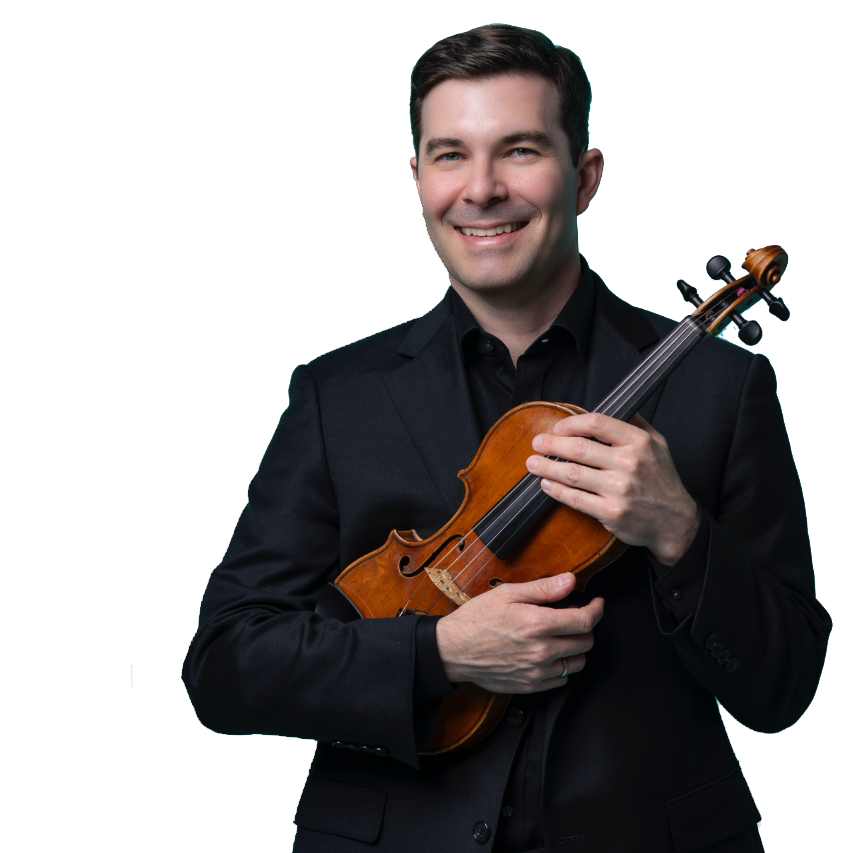

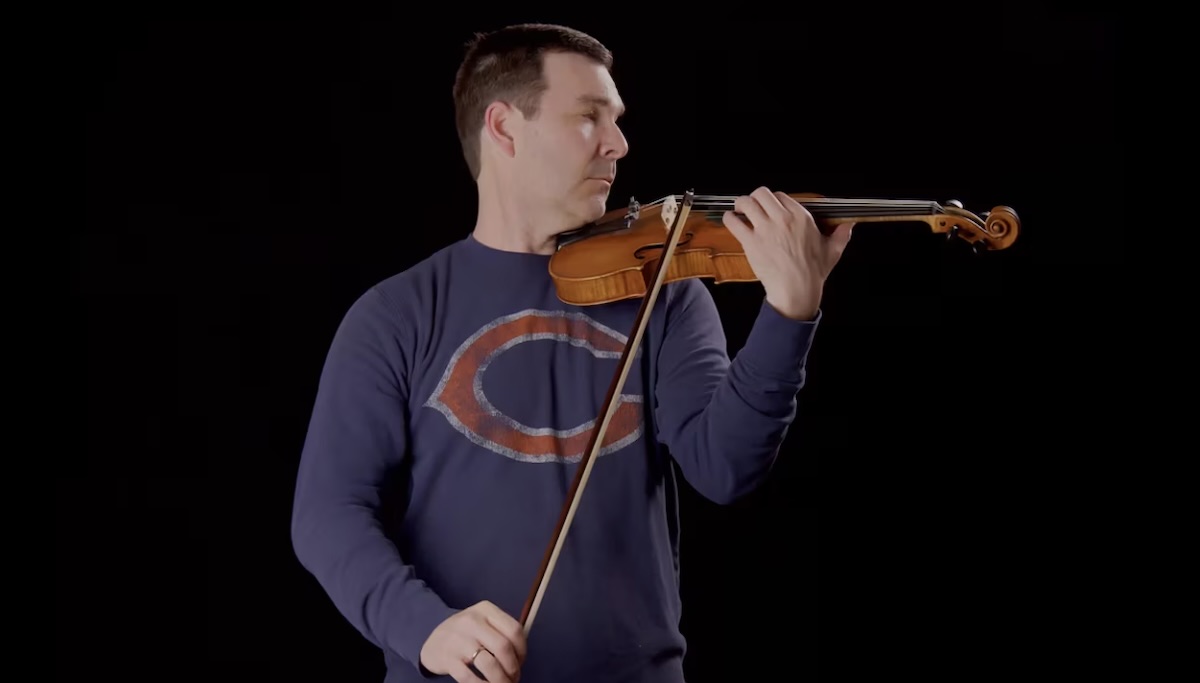
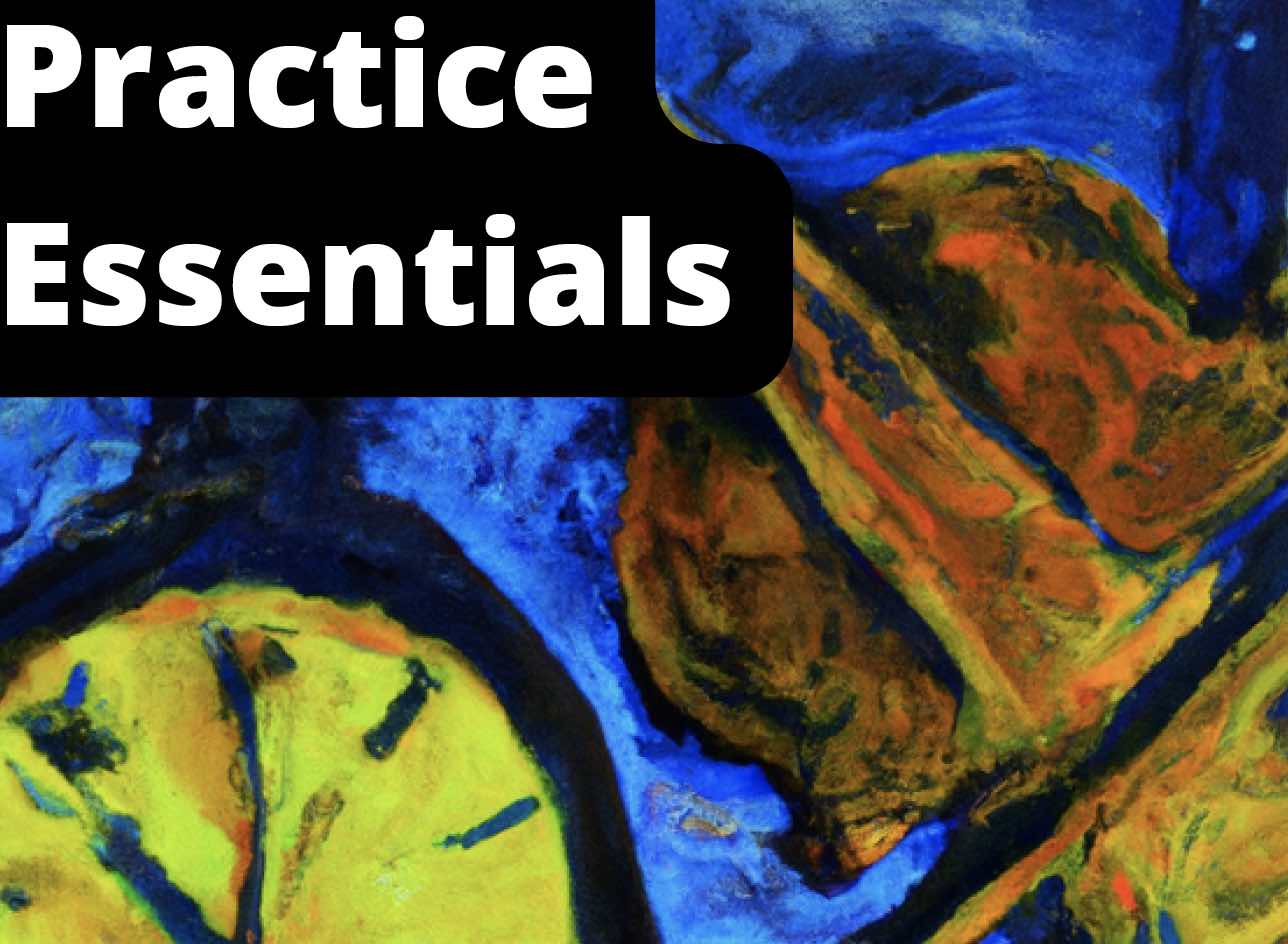

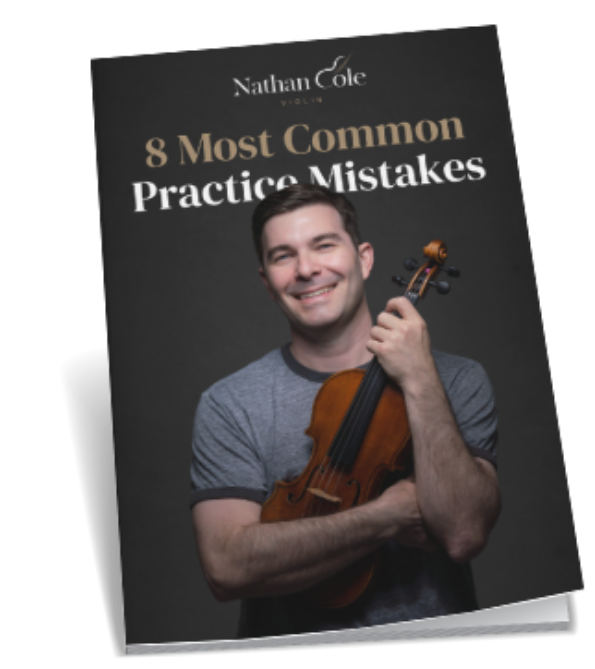
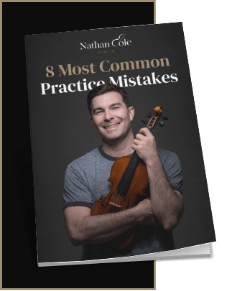
That was a fun and interesting story. Part of it resonated with my own current experiences on the musician’s career path. Thank you and greetings from Switzerland!
Dolph Lundgren was when survivor’s greatest hits got burning heart, which remained the greatest survivor tune up until I can’t hold back rerecorded for the mall cop soundtrack. Even if Rocky got Macho Man in Rocky 3, I don’t know, I heard if my bro’s dog was a person he’d be the Russian from Rocky 4. I want to get into scales but Mister T took up curling not rock and roll!
Great story. I enjoyed it very much. It brought memories of my days at New England Conservatory where I was probably the only bassoon student who practiced scales -and I really enjoyed it very much doing so.
Kust got back from a perfomance of Shlomo Mintz and Vitaly Serebriakov in Paradisr Valley, AZ. Brought me back to the years of playing in the orchestra b.rought me back to why I once played. Brought me back to asking myself why I stopped playing. He had now inspired me to come home and open my case again.